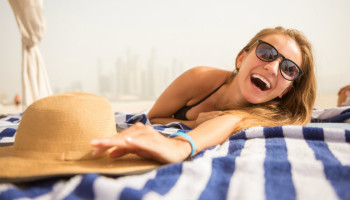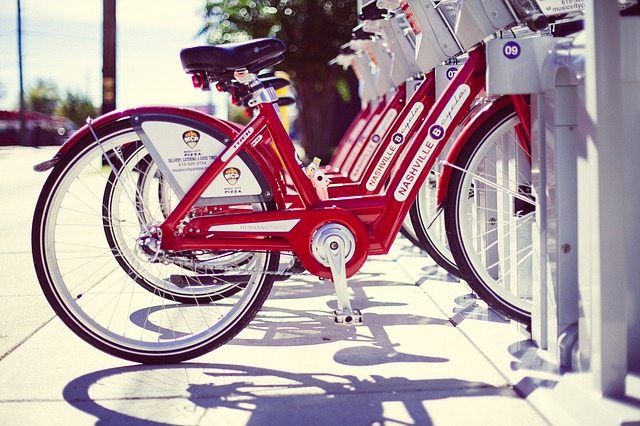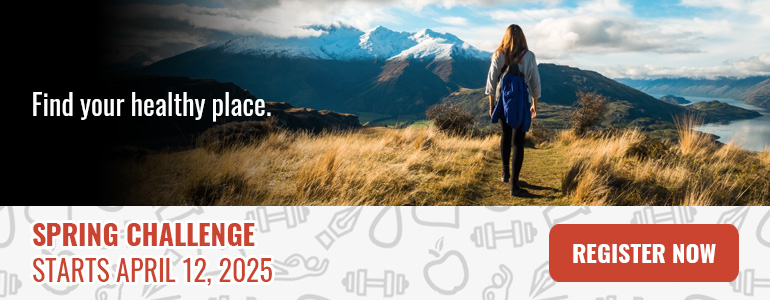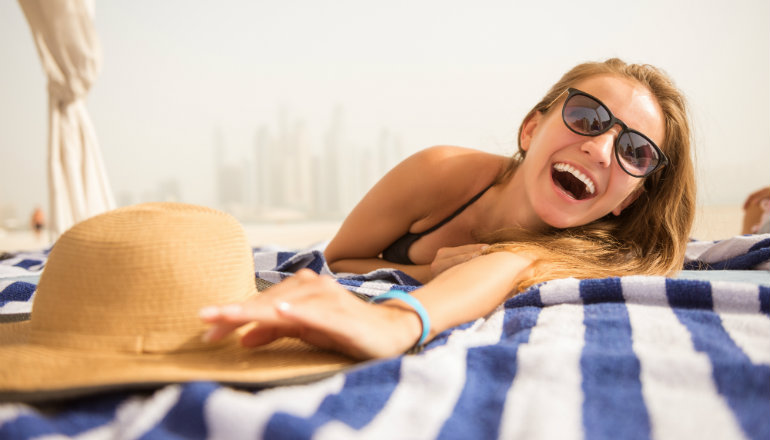 Reading Time: 6 minutes
Reading Time: 6 minutesOn the first day of our family vacation in Vancouver, Canada, the city was experiencing a heat wave, with highs in the mid-80s. We’d arrived late the night before and none of us had slept well. After getting breakfast, we decided to walk downtown, instead of figuring out a bus or worrying about parking. The owner of our rental house told us it was a manageable walk for our kids, ages ten and twelve.
Twenty minutes into the walk, the kids started asking when we’d get there. I eyed the rental bikes we passed along the way, contemplating changing plans and continuing our journey on wheels, but we’d said we were going to walk, and we wanted to stick to the plan. We trudged ahead.
“They can walk a few miles,” my husband said. The kids started to drag their feet and sweat dripped down my back.
Fifteen minutes later, we turned onto East Hastings Street and walked right into the epicenter of the city’s homeless population. I looked to my left and saw a woman shooting up, surrounded by people with hollowed cheeks and vacant expressions. My son reached out for my hand, holding on even as our palms became slippery with sweat. Everyone grew quiet as we walked through three city blocks of misery and desperation.
We finally made it to downtown and ducked into a bakery for a treat, but even baked goods didn’t improve the kids’ mood. We kept walking, making our way through cobblestone streets crowded with tourists, and realized there wasn’t anything here we wanted to see.
After an hour of sightseeing — and fielding complaints from the increasingly despondent kids — we decided to cut our losses. My husband hailed a cab and we returned to our rental house, where I fretted about our terrible first day and worried about what was in store for the coming week.
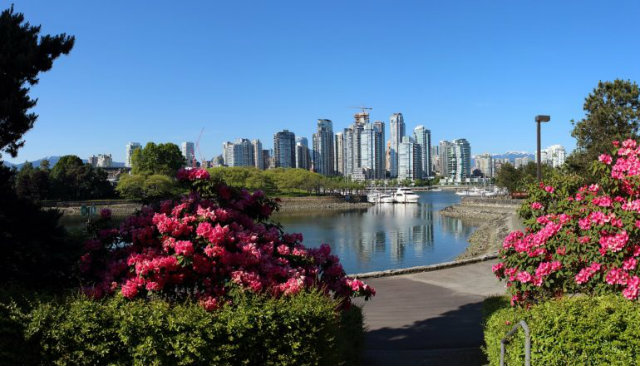
I am not a natural vacationer. I spend the first few days of every vacation in state of mild panic, wanting everything to be perfect and feeling anxiety about any challenges or frustrations.
It’s taken me many years to recognize this about myself, and in the process I’ve come up with strategies to make the most of my time away from home. I abandoned all of these strategies on that first day in Vancouver, but the next day I found my footing, and our second day in the city (and the rest of the trip) was a delight.
For some of us, having a great vacation takes a bit of work. Here are my top three strategies for an enjoyable, relaxing vacation — which next time I’ll try to follow from the beginning.
1. Be Flexible and Change Plans When Necessary
On our third day, we were headed back home after a lovely day atop Grouse Mountain. We hit the road at 5:30pm on a Monday, and my GPS said the drive to our rental house would take 45 minutes. Twenty minutes into the drive, traffic came to a complete stop. I glanced at my phone and saw the drive time had jumped to 55 minutes. Ten minutes later, my phone told me it would take us one hour 15 minutes to drive six miles. Something was terribly wrong.
We inched toward an exit and I told the family I thought we should get off the highway and eat dinner, waiting out whatever terrible thing had occurred ahead of us. We had no reason to get back to the house, and I didn’t know how long we’d be stuck in the car, so we all agreed to get off the highway.
Yelp directed us to what turned out to be a wonderful sushi restaurant. We sat next to two other highway refugees and learned the bridge we needed to cross was closed in both directions. Instead of sitting in the car, bored and hungry, we had a lovely dinner and enjoyed each other’s company, waiting until the bridge reopened to continue home. Once we got back on the road, the remaining drive took only 25 minutes.
There was a time in my life when I wouldn’t have considered changing course. I’d stick to the original plan with grim determination, unwilling to deviate from the plan, but travel requires flexibility and creativity, and an ability to change directions when needed.
2. Don’t Expect Perfection
Even the most perfect vacation isn’t one hundred percent enjoyable. Travel can be boring and uncomfortable. Sometimes you’ll be disappointed or unhappy — especially during a family trip with four (or more) different ideas about what’s fun.
I often find myself wanting the kids to have a perfect vacation, hoping to give them happy, idyllic childhood memories. The reality is, they don’t expect perfection. The moments of boredom are balanced by experiences like discovering a massive public pool with a water-slide on a city bike ride or a surprise beach bonfire.
While a big part of the pleasure of vacation is the anticipation, the actual experience is rarely exactly how you imagined. One of the must-do activities in Tofino on Vancouver Island is the Hot Springs Cove tour. It involves an hour boat ride then a thirty-minute walk to natural hot springs near the ocean. I’d pictured expansive pools of hot springs with space for everyone to spread out, but in reality there were about four small pools all in a line marching down to the sea. This meant we had to climb over people to get between the pools, and once there we shared the natural hot tubs with others. We all found our little space, and it was a truly memorable experience, but not exactly what I’d imagined.
I could have spent my time thinking about how this didn’t measure up to my expectations and miss out on the pleasure of sitting in a natural hot tub surrounded by a forest — or I could just choose to enjoy the reality, imperfection and all. It took effort to adjust my expectations, but once I did I was able to enjoy myself and have a relaxing vacation.
3. Live in the Moment
I am the vacation planner in our family, which means I’m responsible for the logistics of the trip. If I’m not careful, this can cause me to spend time fretting about what’s ahead — thinking about the upcoming three-hour drive instead of enjoying breakfast with the family.
If I find myself thinking about some logistical detail — I can generate quite a bit of anxiety just worrying about finding a parking space — I try to stop and look around, taking a moment to appreciate my surroundings. Sometimes, if I’m in a particularly unusual place, I’ll say to myself, “I will never be here again.” This usually helps break the worry cycle and puts my focus back on the moment and away from future worries.
Make Your Next Vacation a Truly Relaxing Vacation
Once you’ve worked hard to establish good exercise and nutrition habits, these shouldn’t disappear while on vacation. You’ll enjoy the vacation more if you stay active and mix in some salads with your cocktails and desserts. The same goes for the mindfulness and presence habits we learn about in the Well-Being Practices in the Whole Life Challenge.
We often think of mindfulness and gratitude practices as tools to get through the stress of everyday living, but the Well-Being Practices are also useful when we pack our bags and explore the world. These practices help teach us gratitude, allow us to gain perspective, and enable us to find the moment. That’s useful at home, and anywhere else you go, too.
Travel is exhilarating but also stressful. Using the techniques you learn through the Whole Life Challenge can help you get the most out of your precious time away from home.
